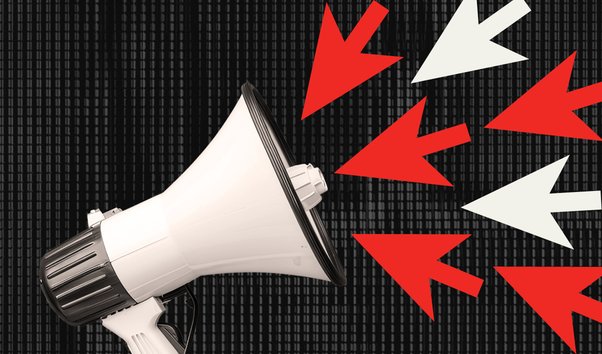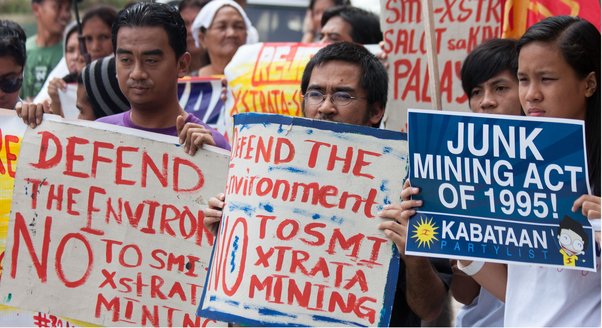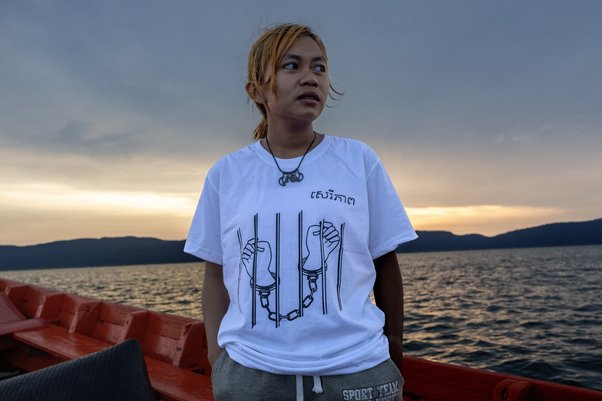New Global Witness report identifies patterns in laws increasingly being used across Asia to shut down peaceful activism and dissent
Governments across Asia are weaponising laws as a way to detain and silence land and environmental defenders in the region, according to new analysis by Global Witness.
Published today, the report Perverting Justice analyses data from the FORUM-ASIA’s Asian HRDs Portal and explores patterns in criminalisation – when states and corporations use the law to shut down activism and silence dissent – across India, Indonesia, the Philippines and Vietnam.
It found that 341 land and environmental defenders were arrested or detained for more than 12 hours across 344 separate incidents between 2018 and 2024 in these four countries alone*. These figures do not take into account cases in which personal details could not be obtained, meaning that the total is likely to be substantially higher.
Overall, men accounted for 73% of arrestees or detentions and women for 27%, in incidents where gender was recorded.
There were 88 incidents of Indigenous Peoples being arrested – 26% of the total number of cases in which defender characteristics were reported.
Farmers accounted for more than a quarter (26%) of such cases. Most recorded arrests or detentions (59%) were linked to the struggle for land.
The new findings come as Global Witness releases its annual analysis of the killings and disappearances of land and environmental defenders globally in 2024, published today in its new report Roots of Resistance. The report documents eight killings or disappearance cases in the Philippines, five in Indonesia and one in India. One case was also recorded in Cambodia and one in Türkiye.
Overall, the new statistics represent a decrease in total killings and disappearances cases across Asia compared to 2023 (16 compared to 25), yet evidence is emerging that suggest states are turning to the law as a weapon for silencing defenders.
Global Witness Senior Investigator Hanna Hindstrom said:
“This report shows how governments are increasingly turning the law against their own people. Across Asia, farmers, Indigenous leaders and community members are being treated like criminals – or even terrorists – just for standing up for their land or the environment.
"This dangerous trend is suppressing activism and shutting down peaceful dissent at a time when we need it more than ever.”
The report reveals how governments and businesses have deployed a range of tactics to shut down protest and dissent around land and environmental issues, as well as tactics to “grab” the lands of small-scale farmers and Indigenous Peoples.
Identified tactics include imprisoning defenders on trumped-up charges and charging defenders as enemies of the state, as terrorists, communists or insurgents.
It highlights how the Vietnamese government has been using tax-evasion laws to imprison high-profile NGO leaders, with five such cases documented between 2018 and 2024.
In the Philippines, defenders are being branded as terrorists or communist rebels in a process known as “red-tagging” – putting them at risk of extra-judicial killing, pre-trial detention, criminal charges, freezing of assets, and government surveillance. Military presence is also extremely common during defender arrests.
In Indonesia, laws that protect agribusinesses are being weaponised to imprison defenders involved in land disputes, with a maximum prison sentence of four years.
Other tactics used across Asia include keeping defenders in extended pre-trial detention, with the new analysis revealing that defenders were kept in pre-trial detention for a week or longer in 81% of cases where the timeframe could be determined.
Global Witness Project Lead Rachel Cox said:
“Too often, vague or repressive laws are being twisted to criminalise peaceful defenders, while security forces are being deployed to protect corporate interests instead of people.
“States must end arbitrary arrests and prosecutions, guarantee access to lawyers and fair trials, and stop the misuse of pre-trial detention. Crucially, they must respect land and environmental rights, and put in place safeguards that ensure accountability and transparency for those who abuse their power.”
The report comes amid growing concern for freedom of expression worldwide, with civic space shrinking and states becoming increasingly repressive, as noted by global monitor CIVICUS.
The new Global Witness analysis found that one in five cases in which charges were reportedly made in the four countries were linked to the criminalisation of speech – such as defamation, hate speech or speech that “opposes” the state.
In total, nearly a quarter of all documented detentions in which a charge was reportedly made were linked to protests, with 60 of the 67 cases taking place in India.
FORUM-ASIA Human Rights Defenders Programme Co-Manager Valerio Loi said:
“What we are seeing across Asia is part of a wider pattern of shrinking civic space. Laws meant to protect citizens are instead being used to criminalise them, leaving defenders facing harassment, intimidation and imprisonment.
“These tactics don’t just silence individuals – they send a chilling message to whole communities that speaking out for their rights comes at a heavy price.”
Key findings include:
Vietnam
- Vietnam consistently keeps criminalised defenders in pre-trial detention for months, sometimes years, at a time. Often, defenders do not have access to lawyers or their families during this time.
- Charged defenders in Vietnam are also often denied a proper trial. Sometimes their trials last just a few hours before a guilty verdict is passed. Proceedings are often closed to family, friends and the media.
Philippines
- One of the most common and serious forms of criminalisation in the Philippines is “red-tagging” – the branding of defenders as communists or communist terrorists.
- The Philippine government has been accused of routinely planting weapons and ammunition in the homes of defenders. Defenders who have been red-tagged often report this tactic. Of the cases that recorded charges in the Philippines, 49% involved an illegal weapons or ammunitions charge.
- Overall, the military was present at more than a quarter of arrests of land and environmental defenders in all the cases analysed – all of them in the Philippines.
- Around two-thirds of all cases of defender arrests in the Philippines involved the military.
India
- Counter-insurgency narratives and anti-terrorism laws are frequently weaponised against defenders in India.
- The Unlawful Activities and Prevention Act (UAPA) is open to abuse by officials, who use it to silence criticism. UAPA’s definition of “terrorist” is so vague it can be applied to include people who express “disaffection with India” through public protest – a clear violation of the right to freedom of expression.
- Designated ”terrorists” can be arrested and detained without the usual need for evidence, allowing the government to punish defenders without having to find them guilty in a court of law. The bar for bail is also set much higher, making it easier for authorities to keep defenders in pre-trial detention for long periods.
- Global Witness recorded nine defenders arrested and detained under the UAPA.
- Extensive pre-trial detention is a common experience for criminalised defenders in India, in violation of international law.
Indonesia
- In Indonesia, land disputes currently affect more than a million people. These conflicts often involve government, police and military forces seizing land from families.
- Agribusinesses are protected by a law that criminalises crop cultivation on public or plantation land. This law is used to imprison defenders involved in land disputes, with a maximum prison sentence of four years.
- Global Witness recorded 10 cases of defenders being arrested and imprisoned in Indonesia between 2018 and 2024 for "illegal cultivation" or "illegal cuttings".
- Case: Daniel Frits Maurits Tangkilisan was sentenced to seven months in prison for “hate speech” after posting on Facebook about shrimp farms illegally operating in protected waters in Indonesia.
Notes to editors
*Global Witness only included cases where people were detained for 12 hours or more, and where personal characteristics of the arrested/detained person could be identified. The figures are therefore likely to be a gross underestimate.


